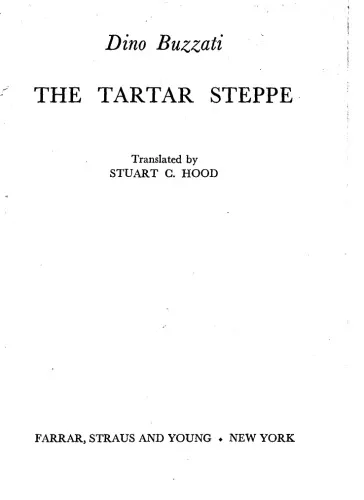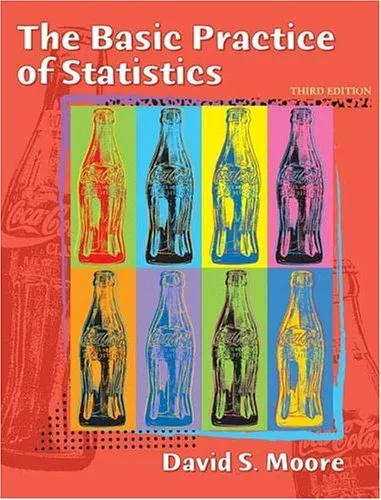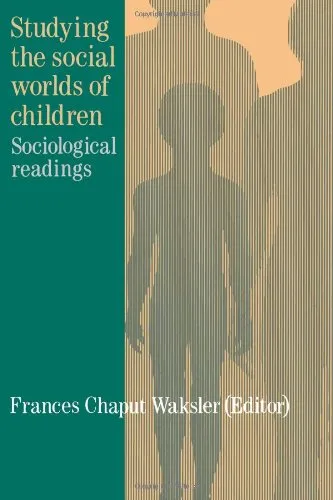The Leopard by Giuseppe Tomasi Di Lampedusa (Book Analysis): Detailed Summary, Analysis and Reading Guide
4.3
Reviews from our users

You Can Ask your questions from this book's AI after Login
Each download or ask from book AI costs 2 points. To earn more free points, please visit the Points Guide Page and complete some valuable actions.Related Refrences:
Welcome to our comprehensive guide to The Leopard by Giuseppe Tomasi Di Lampedusa. This insightful book analysis will provide you with a detailed summary, exploration of key themes and takeaways, memorable quotes, and insights into why this literary masterpiece holds significant value in literature. Our aim is to enhance your understanding and appreciation of this classic novel, allowing you to fully grasp its intricate narrative and profound themes.
Detailed Summary of the Book
The Leopard, originally published in 1958, is a powerful historical novel that captures the complexities of change and continuity through the story of the Salina family, an aristocratic Sicilian dynasty in decline. Set during the Risorgimento, the period of Italian unification in the 19th century, the novel explores the impact of socio-political upheaval on traditional structures. The protagonist, Prince Fabrizio Salina, symbolizes the old aristocratic order, struggling to maintain relevance and stature as the winds of change blow through Sicily.
Throughout this detailed narrative, readers are invited into Fabrizio's introspective world as he contemplates mortality, societal evolution, and personal legacy. The novel adeptly portrays the tension between the old and the new, vividly illustrating how societal transformations resonate on a personal level. Lampedusa's evocative prose paints a rich tapestry of Sicilian landscape and culture, while imbuing characters with depth and complexity, making The Leopard a compelling exploration of existentialism and the inexorable march of time.
Key Takeaways
- The inevitability of change: The novel underscores the inescapability of change and adaptation, emphasizing that those who resist are often left behind.
- The decline of aristocracy: Through Prince Fabrizio’s decline, the novel highlights the fading power and influence of the aristocratic class in the face of modernity.
- Mortality and legacy: Reflecting on human mortality and the desire to leave a lasting legacy are central themes examined through the prince's inner reflections.
- Cultural identity and conflict: The novel intricately explores the tensions within Sicilian society, caught between its rich heritage and the push towards unification and progression.
Famous Quotes from the Book
Here are some notable quotes from The Leopard that encapsulate its essence and thematic richness:
"If we want things to stay as they are, things will have to change."
"The Sicilians never want to improve for the simple reason that they think themselves perfect."
Why This Book Matters
The Leopard is more than just a work of historical fiction; it is a profound commentary on the human condition, social change, and the cyclical nature of history. Its inclusion in the canon of world literature is a testament to its enduring relevance and literary brilliance. The author's nuanced exploration of themes such as power, legacy, and existentialism resonates as strongly today as it did upon publication.
The novel's influence stretches beyond literature, impacting cultural and intellectual thought. Its penetrating insights into personal and societal evolution make it a vital text for understanding the complexities of identity and transformation. The depth of its character portrayals, the beauty of its language, and the timelessness of its themes ensure that The Leopard remains a pivotal work that challenges and enlightens readers, offering fresh insights with each re-reading.
Free Direct Download
You Can Download this book after Login
Accessing books through legal platforms and public libraries not only supports the rights of authors and publishers but also contributes to the sustainability of reading culture. Before downloading, please take a moment to consider these options.
Find this book on other platforms:
WorldCat helps you find books in libraries worldwide.
See ratings, reviews, and discussions on Goodreads.
Find and buy rare or used books on AbeBooks.
1498
بازدید4.3
امتیاز0
نظر98%
رضایتReviews:
4.3
Based on 0 users review
Questions & Answers
Ask questions about this book or help others by answering
No questions yet. Be the first to ask!















